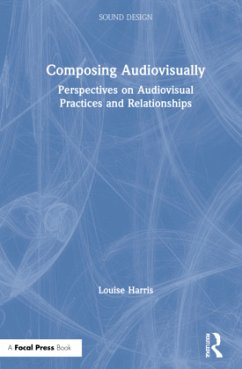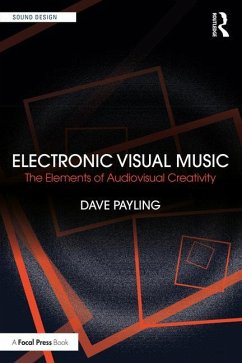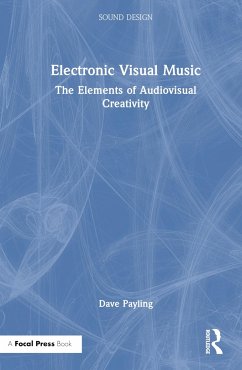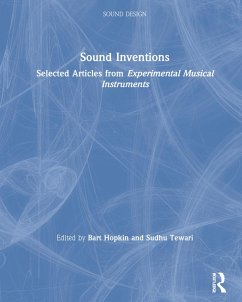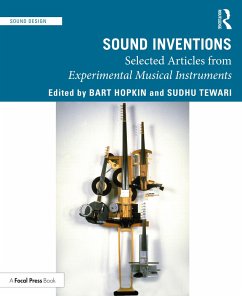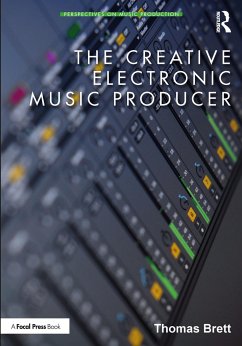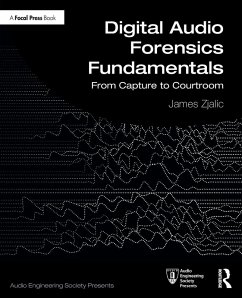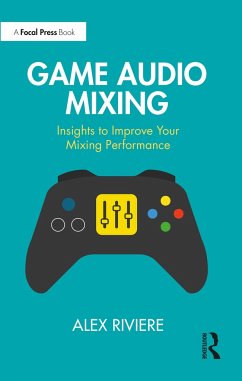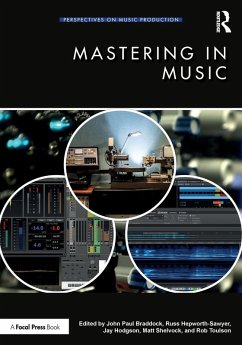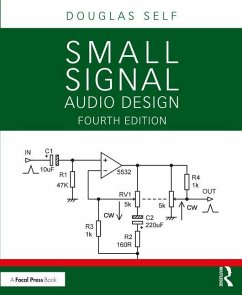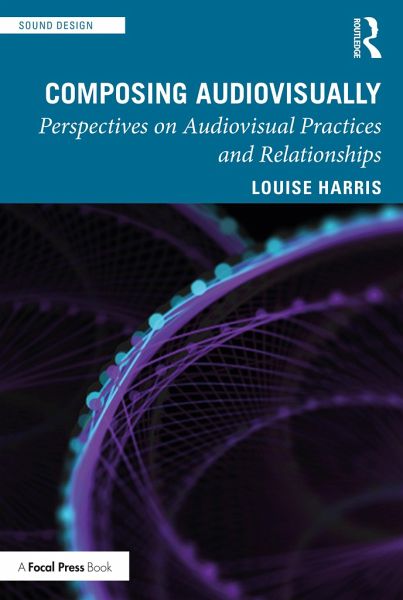
Composing Audiovisually
Perspectives on audiovisual practices and relationships
Versandkostenfrei!
Versandfertig in 6-10 Tagen
43,99 €
inkl. MwSt.
Weitere Ausgaben:

PAYBACK Punkte
22 °P sammeln!
What does the Coen Brothers' Barton Fink have in common with Norman McLaren's Synchromy? Or with audiovisual sculpture? Or contemporary music video? Composing Audiovisually interrogates how the relationship between the audiovisual media in these works, and our interaction with them, might allow us to develop mechanisms for talking about and understanding our experience of audiovisual media across a broad range of modes. Presenting close readings of audiovisual artefacts, conversations with artists, consideration of contemporary pedagogy and a detailed conceptual and theoretical framework that ...
What does the Coen Brothers' Barton Fink have in common with Norman McLaren's Synchromy? Or with audiovisual sculpture? Or contemporary music video? Composing Audiovisually interrogates how the relationship between the audiovisual media in these works, and our interaction with them, might allow us to develop mechanisms for talking about and understanding our experience of audiovisual media across a broad range of modes. Presenting close readings of audiovisual artefacts, conversations with artists, consideration of contemporary pedagogy and a detailed conceptual and theoretical framework that considers the nature of contemporary audiovisual experience, this book attempts to address gaps in our discourse on audiovisual modes, and offer possible starting points for future, genuinely transdisciplinary thinking in the field.





